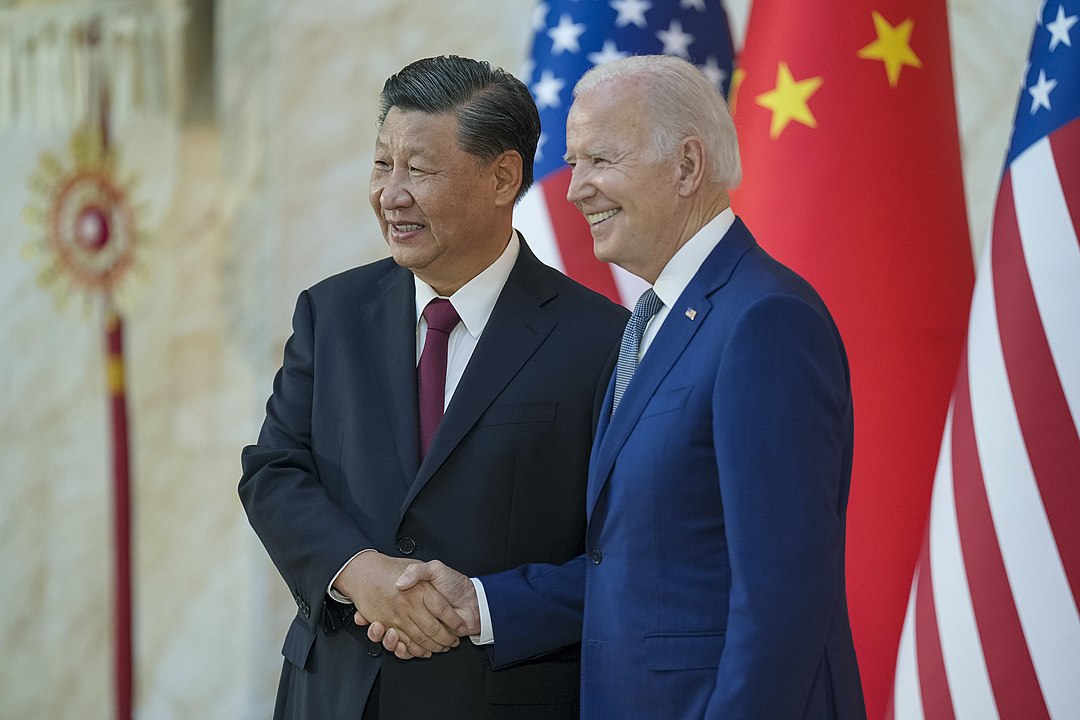A new report co-published by Kofi Annan has warned that the escalating armed conflict in the Myanmar state of Rakhine is being partly fuelled by drug trafficking.
In the morning of August 25, at least 71 people were killed during raids by militants on state police posts in Rakhine, one of Myanmar’s poorest states. The violence is understood to be part of a long-standing conflict between Rohingya Muslim communities, who have faced widespread displacement and severe human rights violations as a result of government action, and the Myanmar state – who claim that the Rohingya are illegal immigrants from Bangladesh.
The bloodshed comes just a day after a report was published by the Advisory Commission on Rakhine State – which is chaired by Kofi Annan, former secretary general of the UN. The report, entitled Towards a Peaceful, Fair and Prosperous Future for the People of Rakhine, warns that drug trafficking in Rakhine, has "increased significantly in recent years [with] enormous quantities of drugs (mainly methamphetamine, or 'yaba') [being] confiscated by Myanmar officials along the border with Bangladesh".
According to the report, drug production and trafficking have fuelled the conflict in Rakhine and elsewhere in Myanmar in recent years. The report notes that non-state militias – such as the Arakan Rohingya Salvation Army – are using the income from trafficking to finance violent activities, and accuses corrupt state officials of "facilitating" the drug trade.
The Myanmar Times reports that 98 million methamphetamine pills were seized by authorities across the country in 2016. The Asia Times reports that numerous recent large-scale methamphetamine busts have taken place in Rakhine; including a Buddhist monk being found with four million methamphetamine pills in February, and two Myanmar military personnel being found with over 400,000 such pills in May.

Displaced Rohingya people in Rakhine State (Source: Wikimedia)
Alongside contributing to communal violence, illegal drug trafficking in Rakhine is allegedly having a detrimental impact upon on people’s wellbeing in a less overt manner. “People from all communities expressed serious concern about [drug trafficking] – which significantly increases their vulnerability. Poverty and poor social services may serve as important drivers encouraging people to engage in drugs-related crime, or to use drugs themselves,” the report claims.
The report outlines several recommendations for the Myanmar government to implement to reduce the harms of drug use, drug trafficking, and related violence:
- The Government of Myanmar should adopt a holistic anti-drugs approach based on public health, community safety, human rights and development. As illegal activities tend to thrive in areas of conflict, the Government should strive towards the social, economic and political inclusion of the Muslim community in northern Rakhine State. As such, the Government should seek to increase access to public services, and increase livelihood opportunities by removing restrictions on movement.
- The Government should strengthen health and harm reduction services for drug users, and ensure that the use of such services is voluntary.
- The Government should intensify its efforts to combat corruption within the security agencies operating along the Myanmar-Bangladeshi border
- In its law enforcement efforts, the Government should not only focus on users or low-level dealers, but rather concentrate its efforts on identifying and prosecuting major producers and drug barons.
The implementation of policies to reduce the marginalisation of the Rohingya people, and improve their inclusion within the broader society and economy, could be an important step in undercutting illegal trafficking practices. The Commission’s support for harm reduction policies is also important, given the potential for increased problematic use emerging from a growing abundance of unregulated drugs among an impoverished population seeking escape from violence and marginalisation.
In a statement published alongside the Commission's report, Kofi Annan warned that "there is no time to lose [because] the situation in Rakhine State is becoming more precarious."
“My fervent hope now is that all concerned will follow through on the recommendations of the Commission without delay,” he added. “By doing so, they will ensure a peaceful, fair and prosperous future for Rakhine State and its people.”


